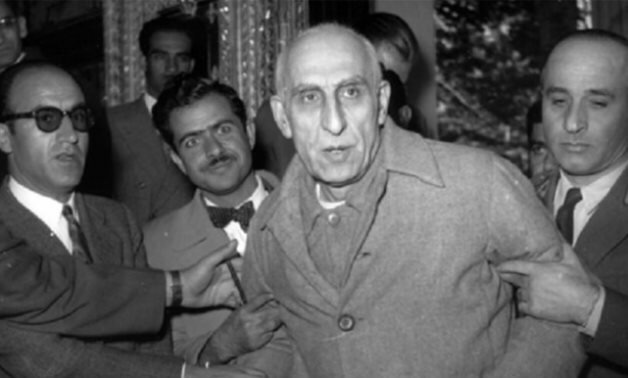INSUBCONTINENT EXCLUSIVE:
shunning of its commitments and the inefficacy of bilateral negotiations
In recent months, the internal debate over the possibility of resuming direct talks with the United States seemed to have gained momentum
within certain Iranian political sectors
However, Ayatollah Khamenei was unequivocal on the matter
He stated that those advocating for this option are attempting to present talks with the fickle Americans as an inevitable solution
He further clarified that Iran engages in dialogues and agreements with numerous countries, except the United States and, explicitly,
Israel.Ayatollah Khamenei's speech made it clear that, for the Iranian authorities, re-engaging with Washington is not only unnecessary
Nevertheless, his words suggest a rejection that, at least for now, closes the door to any attempt at direct dialogue in the short term.The
Leader concluded his remarks by referring to one of the most significant episodes in the recent history of relations between the two
countries: the breakdown of the 2015 nuclear deal, known by its English acronym JCPOA
The United States sanctions, which were supposed to be lifted, were not removed, and the issue at the UN remained as a thorn, always
contemporary history and analyze the relationship of subordination that the Pahlavi regime maintained with the United States
On the other hand, it is crucial to examine the ideas of the founder of the Islamic Republic, Imam Khomeini
His speeches and writings throughout the different stages of his struggle show how, in his view, the revitalization of Islam could reduce
by the Qajar monarchy.The relationship of subordination between Pahlavi-era Iran, particularly under Shah Mohammad Reza, and the United
States explains that the 1979 Islamic Revolution should be understood from an epistemic perspective
This implies that its objective was not merely to overthrow the monarchy, but to replace the hegemonic political grammar of the West.In this
historical context, the 1953 coup stands as a key milestone
On August 19 of that year, Iranian Prime Minister Mohammad Mossadegh was ousted in a coup organized and financed by the British and United
From that moment on, the growing economic presence and military ties with the United States fueled resentment among the Iranian population,
especially with decisions like the approval in 1964 of a law in the Majles (parliament) granting diplomatic immunity to United States
military personnel and their families
confrontation with the Pahlavi regime.Iranian identity is firmly rooted in an anti-imperialist vision that, as mentioned, traces its origins
to the numerous attempts by Western powers to control the country
States Embassy in Tehran, an event that, according to many experts, represented a moment of national humiliation whose imprint persists in
the United States psyche and continues to influence the analysis of bilateral relations
the United States and the perception that the United States posed a threat to the newly established Islamic Republic.Over the years, other
These actions not only reflect an interference in Iran's internal affairs, but also an active effort to promote alternative political
models that would replace the current configuration of the Islamic Republic.Nevertheless, this mistrust towards the United States softened
However, the unilateral withdrawal of Washington from the Joint Comprehensive Plan of Action (JCPOA) in 2018 reaffirmed, from the Iranian
perspective, that the United States is not a reliable actor in international politics and bilateral agreements.The assassination of
Lieutenant General Qassem Soleimani, the highly venerated commander of the Quds Force of the Islamic Revolution Guard Corps, at the hands of
the United States in 2020 during the Trump administration, remains deeply ingrained in the collective memory of Iranians, particularly among
the political authorities responsible for deciding on potential negotiations with Washington.The words of the Iranian Leader bring to light
this historical experience of interference and the lack of goodwill on the part of the United States, making it extremely difficult, for the
time being, for the Islamic Republic to trust the results of any bilateral negotiations.The fact that Donald Trump signed an anti-Iran
As long as Washington relies solely on threats and economic pressure, Iran is unlikely to be willing to sit at the negotiating table, let
